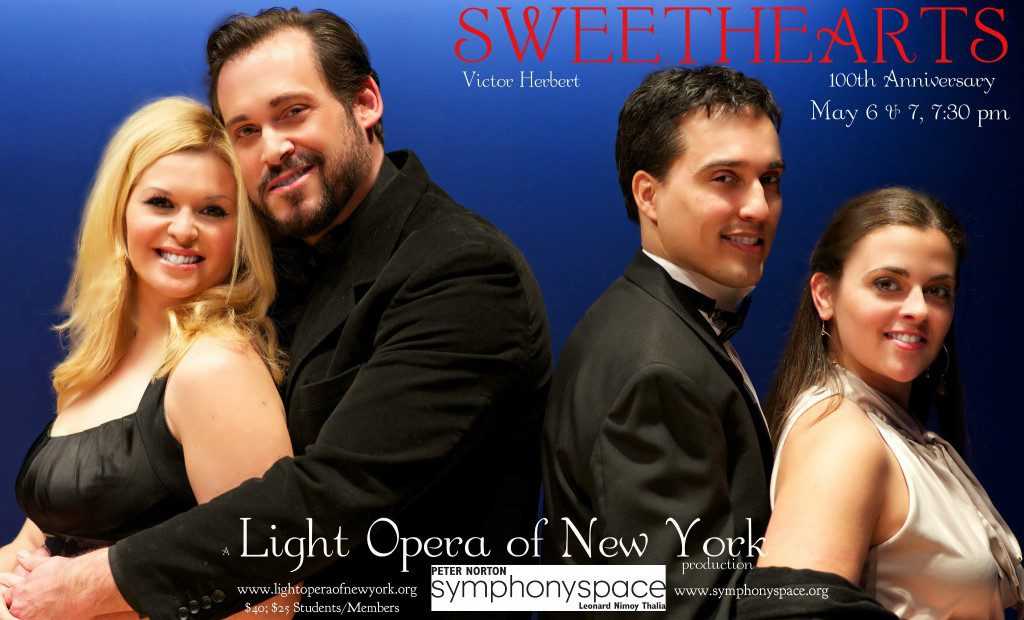Operetta: A Stepping Stone to Opera

Americans have a great love for musical theatre, however many people are wary about delving into the more complex world of opera. For some, the language barrier can be the biggest deterrent, while for others, the length of the piece or heaviness of the plot lines can seem like too much. While there are certain operas that make great first classical music experiences (I usually suggest Carmen, La Bohème, or La Traviata), there is middle ground that can help audience members adapt to a different genre. That middle ground is operetta.
So, what makes operetta different from opera and musical theatre?
First off, while there are operettas in French and German, the majority of operettas are in English (or commonly done in English translation in the US). Unlike opera, which is usually sung completely through, operettas usually have quite a large amount of spoken dialogue. Occasionally, a part in an operetta will be written for a strictly speaking actor, not requiring any solo singing, but generally the performers must not only be stellar singers, but actors as well, in order to portray their parts to the fullest.
Operetta tends to be written with full orchestral scores, and, like opera, does not employ the use of microphones. Singers require a more classical technique in order to sing these pieces, which are written in a more lyrical style than most musical theatre. Some people compare operetta to more “legit” musical theatre (ie, Rodgers & Hammerstein), but it goes further than that. Singers in an operetta may be required to sing a fast-paced, comic patter song, a lyric love ballad, and a dramatic finale part with loud interjections and high notes, all within the span of an hour or so. Waltzes are common in operetta, and there is usually some sort of dance element to the piece. Beautiful, memorable melodies pervade the score, often popping back up throughout the piece, as a reminder to the audience.
While there are certainly exceptions to this rule, operettas tend to have lighter subject matter than most operas. The plots often range toward the silly or absurd, and almost always contain some circumstance of mistaken identity or a character that has been switched at birth, leading to all manner of confusion. Hilarity generally ensues, followed by a neat resolution in which everything is righted in time for a group finale.
Famous Operetta Composers
The most famous names in operetta are, undoubtedly, Gilbert & Sullivan, whose 14 well-known operettas include Pirates of Penzance, The Mikado, and HMS Pinafore. However, many lesser-known composers have written incredibly moving, beautiful musical pieces within the genre of operetta. These include Victor Herbert, Sigmund Romberg, Franz Lehar, and Jacques Offenbach.
For one of the most beautiful moments in operetta, enjoy this excerpt from Lehar’s The Merry Widow.
And, of course, you will recognize this tune!
For an in-person experience of operetta, you can catch an upcoming performance of Victor Herbert’s Sweethearts (starring yours truly), at Symphony Space in May. See below for more info.
Related


Nik

Staff

